The Curriculum
Wootton Bassett Infants’ School provides a learning
environment where each child is helped and encouraged to develop his or her
full potential in a happy, caring and stimulating environment. ‘Where learning
is fun’ is at the heart of our curriculum intent.
As an infant school, we have designed our curriculum to
reflect the needs of the children at our school. We begin with the individual
child and what we want them to learn about themselves. We then widen our
learning intentions to develop their understanding of the locality around our
school, and finally, to the wider world. In our school every child matters. The
curriculum will be the means of providing all children with creative
opportunities for enjoyment and achievement.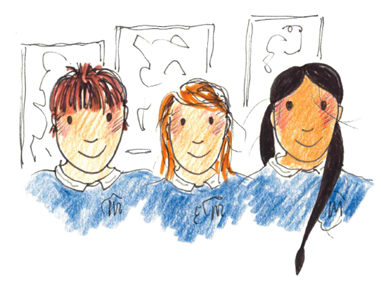
Curriculum Intent
We aim to equip the future generation with the knowledge
and cultural capital they need to succeed as educated citizens in modern day
society with sound judgement and strong core values which will enable them to
thrive, be safe, and be the best that they can be. Our intention is for every
child to leave us well prepared with a broad skillset, interest in the world
around them, and a range of life-long learning experiences which will inspire
them throughout their future education and beyond, contributing positively
within our community.
- To
provide all pupils with equal access to a rich, broad, balanced and
immersive curriculum matched well to their ages, abilities,
interests, attitudes and special needs.
- To
increase pupil’s knowledge, skills and understanding as they grow and
develop and strengthen their connections with the world around them by
providing a wealth of opportunities to immerse children in the world
around them, gaining first-hand learning experiences.
- To
execute a curriculum that is creative, carefully planned and structured to
ensure that learning is continuous and that pupils make good progress in
the development of their learning with language and vocabulary at the
core.
- To
engage the children’s interest by offering excellent opportunities to
extend creative learning, challenge their imagination, value originality
and to encourage and motivate them to want to learn.
- To
be exciting and to offer pupils lots of first-hand experiences to
reinforce their learning and to underpin their growing knowledge, skills
and understanding of the world.
- To
open their eyes to awe and wonder and cause them to marvel at the
incredible and fantastic world in which they live.
- To provide children with a curriculum which enables them to develop their talents, skills and a love of learning.
Curriculum Implementation
At Wootton Bassett Infants we offer an ambitious, cross curricular and topic- based curriculum with quality texts at its heart. Reading is a fundamental part of everything we do at Wootton Bassett Infants as it is the skill that underpins everything that is taught and opens the door to learning across the curriculum.
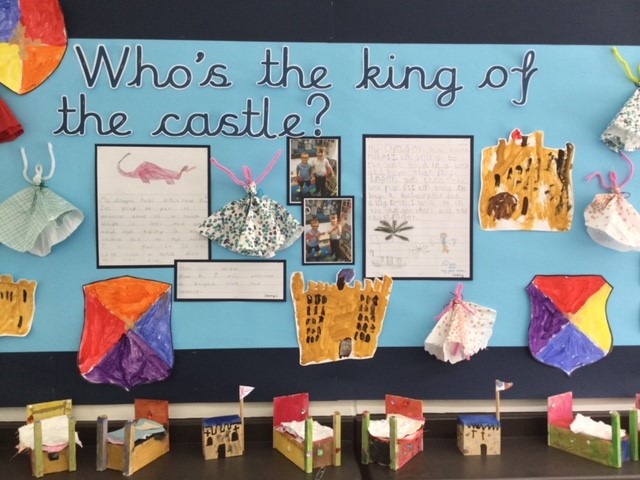 The intent of our curriculum begins from the
outset in the Early Years. Here, children are provided with creative,
play-based learning and engaging ways to explore and investigate their learning
so that foundations are laid for a lifelong love of learning from the beginning-
this then continues throughout Key Stage 1. Through cross-curricular,
play-based learning experiences, and the development of the characteristic of
Effective Learning, the children are encouraged to become inquisitive,
resilient learners who challenge themselves.
The intent of our curriculum begins from the
outset in the Early Years. Here, children are provided with creative,
play-based learning and engaging ways to explore and investigate their learning
so that foundations are laid for a lifelong love of learning from the beginning-
this then continues throughout Key Stage 1. Through cross-curricular,
play-based learning experiences, and the development of the characteristic of
Effective Learning, the children are encouraged to become inquisitive,
resilient learners who challenge themselves.
The foundations are then built on further in
Key Stage 1, where a knowledge rich curriculum allows children to embed their
core skills through a variety of learning experiences. Offsite visits and
visitors into school, linked to the curriculum, provide first-hand experiences for
children to ensure that the children’s learning is memorable and enables them
to challenge themselves further. Regular sporting experiences, library
sessions, book weeks, art and craft and extra-curricular events also widen
children’s opportunities. Other experiences, e.g. theatre, cinema and seaside
trips serve to further enrich the wider curriculum for the children and develop
cultural capital.
Throughout their time at Wootton Bassett
Infants, our pupils engage with the local community through local area visits,
engaging with different cultural and generational groups and supporting local
charities. Our core values are central to everything we do and ensure that our
pupils make a positive contribution to society. Working in partnership with
families is an integral aspect of life at Wootton Bassett Infants and parents
are regularly invited to school to participate in their child’s learning and
celebrate their achievements. The implementation of the curriculum is
underpinned by our core vision and values, and these are routinely highlighted,
encouraged and celebrated throughout the school community. 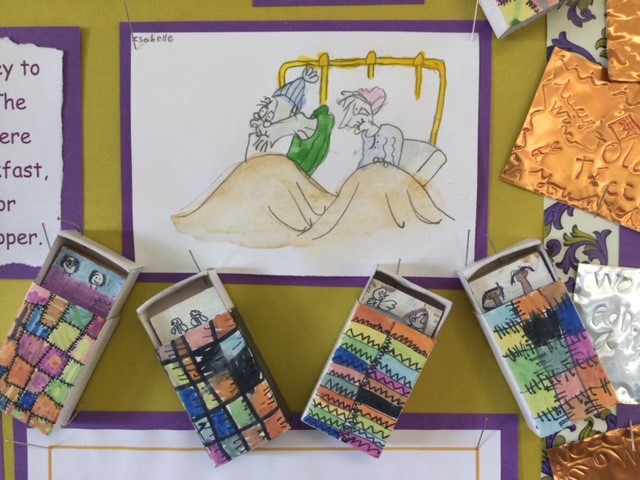
At Wootton Bassett Infants, we use the
following resources to support then teaching of the curriculum:
- ·
The Statutory Framework for Early Years
Foundation Stage (effective from 1st September 2021)
- ·
The National Curriculum for Year 1 and
Year 2 children
- · Unlocking Letters and Sounds
- ·
Working alongside these are our curriculum maps
which coordinate the use of Big Questions, progressive skills and key themes
through a topic-based approach which embraces cross-curricular activities.
Some subjects are taught discretely, and all
national curriculum subjects are covered throughout Key Stage 1.
The Seven Areas of Learning provide the framework for the Early Years curriculum, but young children’s learning does not divide into distinct areas and a particular experience may develop learning over several areas at one time.
Key conceptsA set of key themes and concepts that underpin our curriculum ensure that children can make connections and build on their learning, and exposure to ambitious and subject- specific vocabulary means they can talk and write about it.
| Childhood | Travel | Danger | Chronology |
| Family | Transport | War/conflict | Tradition |
| Home/habitat | Adventure | Friendship | Heritage |
| Environment | Discovery | Good v Evil | Respect |
| Town | Exploration | Resilience | Belonging |
| Countryside | Communication | Refugee/evacuee | Empathy |
Delivery
English and maths are taught as discrete
subjects with additional daily phonics or spelling and guided reading.
English is topic based and book related using
the key text or a related text from the curriculum map. Grammar is taught
through reading and writing activities but there is some discrete grammar
teaching, and this follows the school grammar progression.
Guided reading may take the form of group reading
activities or whole class /shared reading and uses Vipers for key questioning
and comprehension. 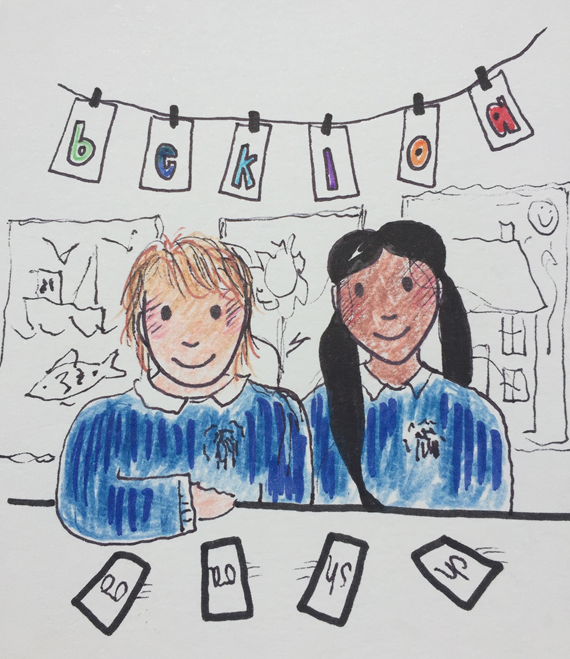
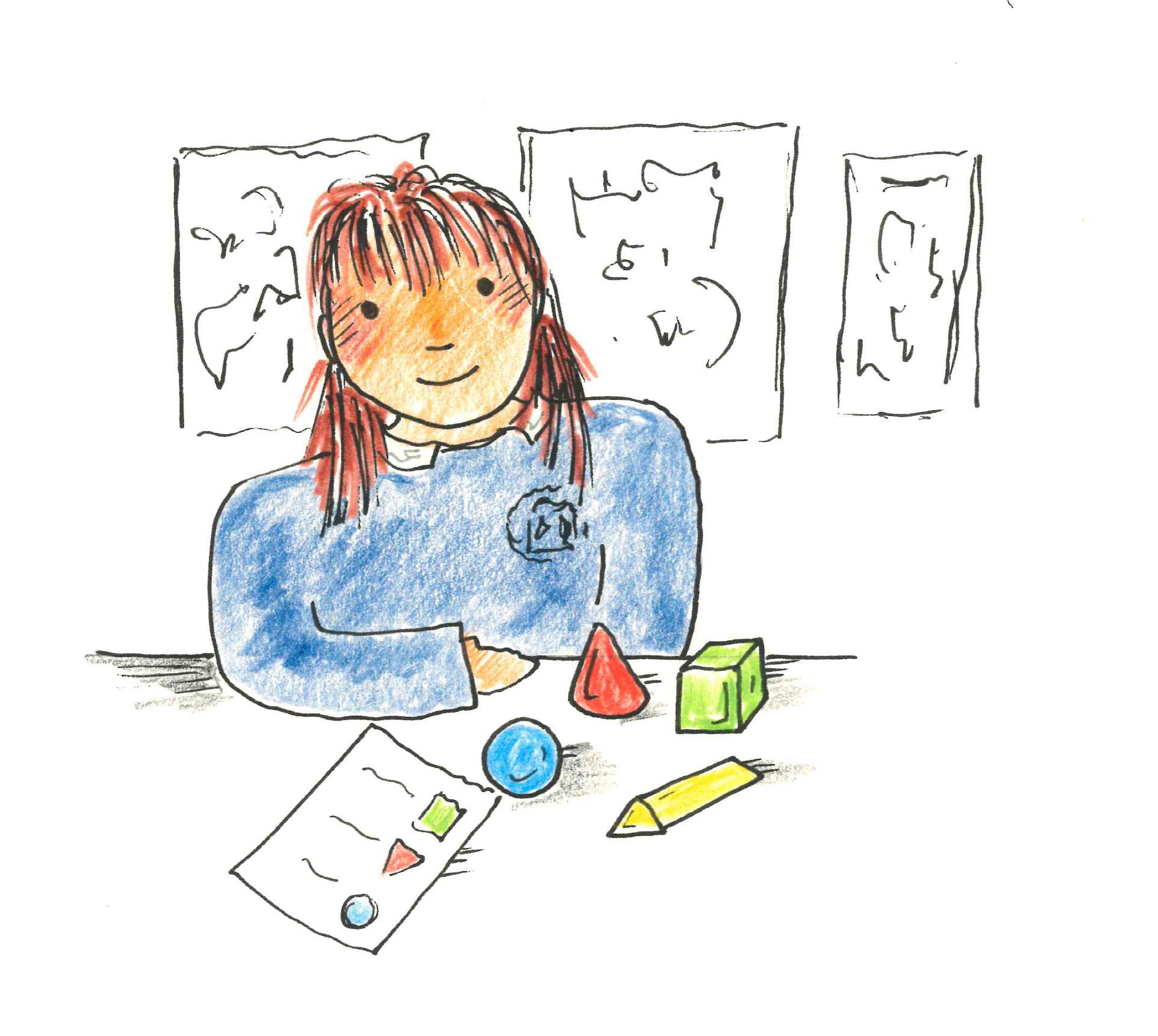
Maths follows the National Centre for
Excellence in the teaching of Mathematics and is taught daily. Key Instant
Recall Facts support the teaching of mental maths and quick number recall.
Science, Computing, Music, PE, Re and PSHE are taught discretely unless robust links can be made with topics being taught. History, Geography, Design and Technology and Art and Design are taught through our topic -based approach with progressive skills and knowledge highlighted on subject area skills progression.